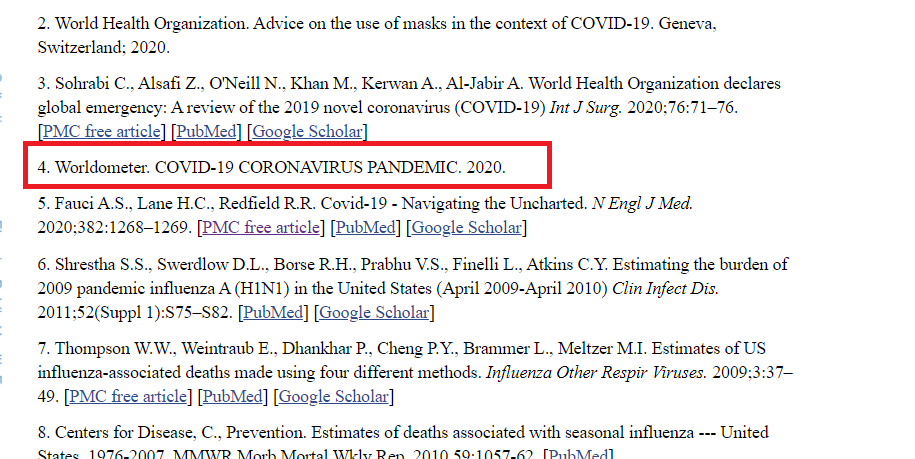
Omg I am LOVING this story
TL:DR - it is not a study, published in a journal dedicated to unusual hypotheses, and not really "from a major university" 1/n
TL:DR - it is not a study, published in a journal dedicated to unusual hypotheses, and not really "from a major university" 1/n
https://twitter.com/naomirwolf/status/1383218165165936643
2/n The article in question is a review of face masks. At face value, it's essentially an opinion piece arguing that masks are ineffective ncbi.nlm.nih.gov/pmc/articles/P… 

3/n Digging a little bit deeper, some of the stuff in here is pretty obviously wrong. For example, this incorrect statement about 99% mild/asymptomatic is referenced to Worldometers (not a specific graph, just the site) 



4/n This excerpt in quotation marks is not a direct quotation, and is given totally out of context from the source article by Fauci et al 



5/n So the piece is wrong about COVID-19. But it also appears to be wrong about masks quite a lot
6/n For example, here's a paragraph where it is simply assumed that facemasks cause chronic hypoxemia/hypercapnia. The four references are 3 physiology textbooks and another review piece 

7/n The WHO document referenced here was updated December 2020 and now completely contradicts both this assertion and indeed the entire paper 

8/n So, I think it's fair to say that this opinion piece probably doesn't represent either a scientific study or even really evidence per se, and it gets a lot wrong about both masks and COVID-19
How did it get published?
How did it get published?
9/n Well, the journal itself gives us a hint
The description alone of Medical Hypotheses is pretty interesting stuff
The description alone of Medical Hypotheses is pretty interesting stuff

10/n Reading some previous work published by the paper gives you an idea of what kind of "novel, radical" ideas which "would be rejected" elsewhere they sometimes put out 





11/n (In the journal's defense, they do also put out lots of less fringe hypotheses, they appear to take seriously the idea of giving everyone's ideas a forum for discussion)
12/n As to the Stanford connection?
Well, the author appears to be a physical therapist at a hospital near Stanford that has an affiliation for teaching purposes with the university
Well, the author appears to be a physical therapist at a hospital near Stanford that has an affiliation for teaching purposes with the university

13/n We can split hairs, but I'm not sure this qualifies as saying that the study is produced by Stanford
14/n Anyway, regardless of what you think about masks, the paper has numerous errors and is probably not a useful resource for determining whether to use them or not
15/n None of this has stopped anyone citing the "study" as evidence of anything, of course, because no one checks the facts of things they agree with!
• • •
Missing some Tweet in this thread? You can try to
force a refresh






